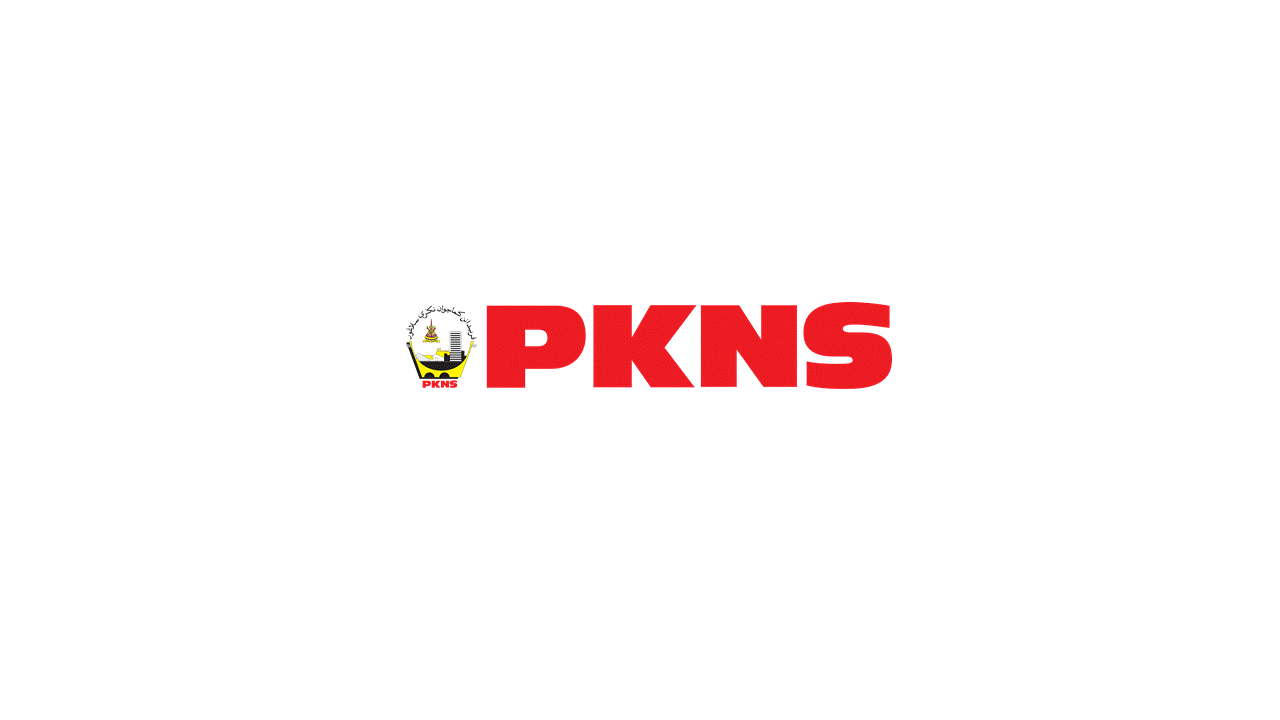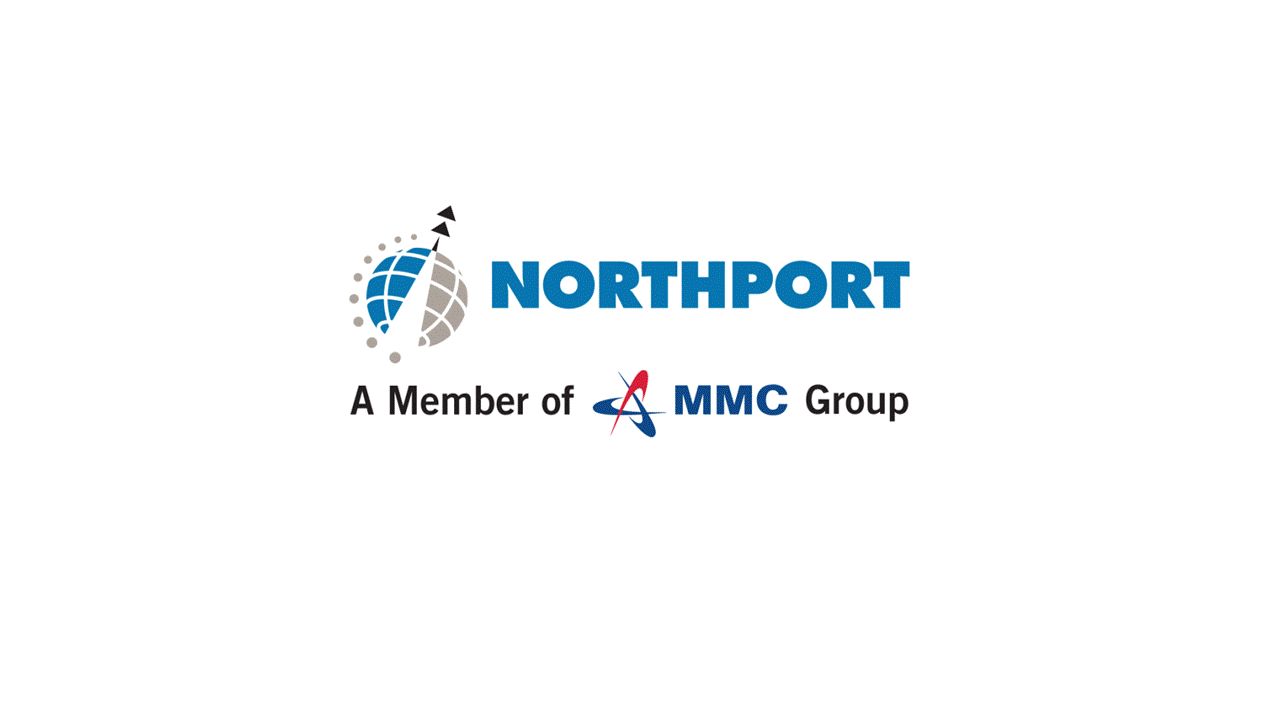- July 30, 2021
- by:
- in: Blog
Fear is back with the deadly combination of pandemic politics and a vicious variant. The good news is that if enough people took the shots we could cut the damage to something manageable. The other good news is progress on the twin issues of Trump and social media. In both cases some semblance of balanced
Fear is back with the deadly combination of pandemic politics and a vicious variant. The good news is that if enough people took the shots we could cut the damage to something manageable. The other good news is progress on the twin issues of Trump and social media. In both cases some semblance of balanced rationality is seeping in to the public discourse.
First is the former president, who has already done about as much damage as he can. Joe Biden is doing a good job of wrestling Congress into some degree of productivity. As the Gang talks about on this and the next episode, it appears increasingly likely there will be a bipartisan infrastructure bill. Republicans and particularly Mitch McConnell can still shut the whole thing down, but Democrats hold the budget reconciliation process as a hole card to prompt a semi-partisan bill across the two parties. The Biden strategy is to not only force the right to accommodate some center victory but forestall a significant cave by the centrist Democrat Joe Manchin on the filibuster. This may have some value if Congress puts its foot down on voting rights or the effort to destroy them .
Something similar may be playing out on the social side. Facebook and Twitter seem to be circling each other as Congress forces some antitrust positioning. With the courts giving Facebook a little running room on the operational description of what a monopoly is, Twitter reported strong numbers that beat the Street and make Jack Dorsey’s feint toward bitcoin and the creator economy easier to swallow when the smoke clears. The newsletterization of media is giving social media some street cred as Congress tries to force Facebook to grow up. Block an MGM deal here and a Section 530 carveout there seems possible although more likely just the beginning of negotiations.
The big battle is over the shape of post COVID work and lifestyle negotiations. Vaccination reluctance is a five alarm fire, but the 2022 midterms may well be fought over the intersection of climate change and the speed of recovery led by the accelerated digital economy. I don’t believe that it’s a coincidence that back to work and a manageable ecology are deeply related. Silicon Valley can talk all it wants about inventing the future, but desperate consumers are looking for real answers from tech leaders who understand the future to come in a constantly unstable weather crisis that turns a burning West Coast into a choking rest of the country.
Vaccine mandates are a fierce predictor of what’s to come. In a country under constant threat of a constitutional crisis over voter fraud by one of the two major parties, the federal response may be constrained but not the rules at the workforce level. These are serious issues of privacy and human rights, but in the short term the moves toward practical mandates will be swift at the state and company level, and supported by healthy polling. Do you think some version of work from anywhere will be tied to double vaccination? As a mandate, it’s not a done deal; as a choice it seems like a popular way of reducing the crisis from the current 35% to something approaching a too-high but winter-ready time frame of 15% where hospitals and state economies need help, red or blue. And those numbers may become the difference between major crisis and economy-crushing lockdowns if an even more egregious variant emerges.
This is also where social and safety meet at a crossroads. Are we willing to cede a Facebook unimpeded from fueling the misinformation plague, or are we going to look for help from the creator economy to bypass the fallow mainstream media stuck in their controversy-fueled business model rather than a fact-based scientific approach to breaking the back of this turgid political cycle? We can see the outline of newsletter-framed social media courage, coupled with stakeholder-aware ethical values and economic leverage.
Less obvious is the path for Clubhouse and its competitors. The Andreessen Horowitz-backed mobile app came out of invite-only beta and added an internal instant messaging layer to manage moderators, speakers, listener questions, room onboarding and feedback. But the big problem remains why does this mere feature of a live streaming podcast app buttress the high valuation of the startup. And this from Michael Markman:
I’ve largely lost interest in Clubhouse. This may not be a significant data point, but I’m no longer fascinated…. The thing is, I sometimes find myself in rooms where I was learning something or getting points of view that hadn’t occurred to me. But usually I was listening to very frustrating conversations that led nowhere.
Yeah, that would do it. But the bigger problem is the refusal to allow recording as a feature of the UI. Twitter Spaces won’t do it, Facebook is really a winner-take-all newsletter subscriber model (Substack) grafted on, and Spotify already has recording enabled on Anchor, its podcasting tool. Building one app is probably where Spotify will go, but then they have the problem that podcasting is considered only an audio product. So then what? Add video multi-platform streaming like ReStream to the hybrid social audio/podcast/recorder/newsletter and we got something. What’s the holdup?
No recording started as a nod to privacy, a differentiator between the creators and the listeners. The idea was to create a unique quality of serendipity, discovery, and credibility. It’s reminiscent of the theater’s fourth wall, where characters step out of their circumstances to talk directly to the audience. It’s exhilarating to experience, a hybrid between writing and improvisation which is largely an illusion. Illusions are no less valuable just because they elegantly transcend their apparent boundaries. Clubhouse spoke directly to our sense that we had lost our way in the insidious virus of both science and truth.
In the decay of the Clubhouse model, we sense that the creator economy is all hat and not enough cowboy. Brent Leary:
I see this as just another way to accelerate the few getting most of everything with everybody else getting scraps. You’re going to hear all these stories about all the folks, all the people that make it big, but they’re going to be like an infinitesimal fraction of everybody else trying to do the same thing and not being able to do it.
There’s just so much attention that you can give. And the people who know how to use this stuff and put a nice process together and find a way to really create a well oiled process machine; they have the chance of being in that top echelon of creators that get most of the money. But everybody else is going to be there trying and spinning their wheels because it’s just a continuation of what we’ve always had.
Recording and a calendar page will make a difference if only to bring a vote to the floor. Is this something to look forward to, a social version of Andrea Mitchell or Nicolle Wallace on MSNBC, a system of record for issues that matter in the anywhere, creator, or thought leader economies. Markman’s question about Clubhouse viability is a broader hedge against the tendency of social media to add to the problems rather than alleviate them. Recording is really a timeshifting tool for user control, and a driver for leaderboard metadata to annotate a calendar either live or personally maintained. In theory Clubhouse should work, but in practise without recording it could be labeled another do-nothing congress.
from the Gillmor Gang Newsletter
__________________
The Gillmor Gang — Frank Radice, Michael Markman, Keith Teare, Denis Pombriant, Brent Leary and Steve Gillmor. Recorded live Friday, July 16, 2021.
Produced and directed by Tina Chase Gillmor @tinagillmor
@fradice, @mickeleh, @denispombriant, @kteare, @brentleary, @stevegillmor, @gillmorgang
Subscribe to the new Gillmor Gang Newsletter and join the backchannel here on Telegram.
The Gillmor Gang on Facebook … and here’s our sister show G3 on Facebook.![]()




























